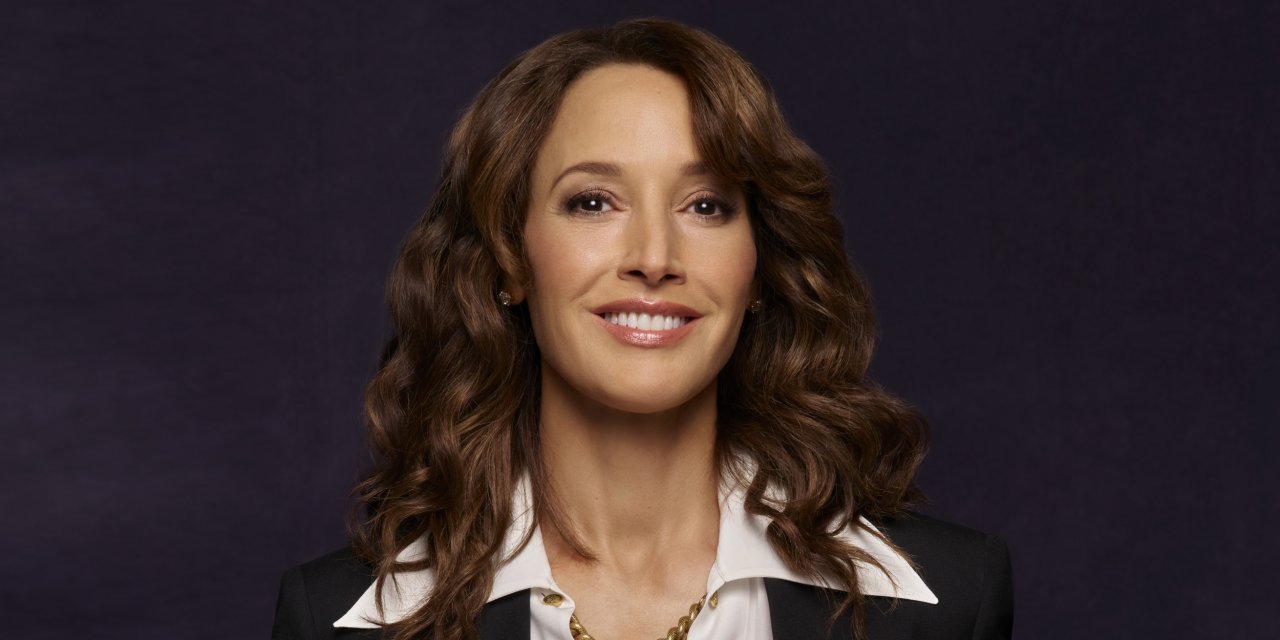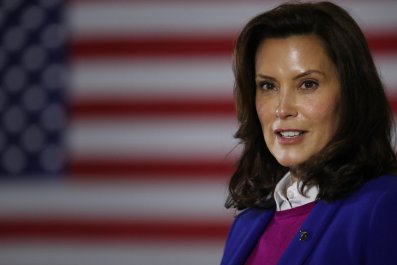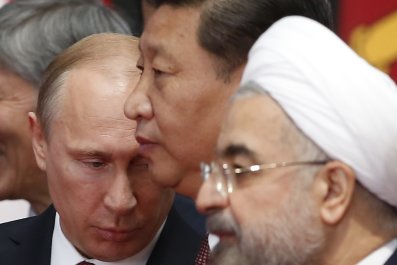"We can clearly see how crucial it is to hear and to see one another's stories."
When The L Word first premiered on Showtime in 2004, portrayals of queer characters were rare and one-sided. "So often the narrative of queer identity is centered in the pain that's experienced by that otherness," says Jennifer Beals, star of the original series and the reboot, The L World: Generation Q, entering its second season (Showtime, August 6). "Those narratives are really reductive and harmful. Generation Q primarily centers around romantic love and joy and pain within that." Part of the longtime appeal of these characters is how well-rounded they are. "It's like other shows celebrating the characters in their entirety, they're just as messy as any character in a straight cis soap. That's huge." An important part of the reboot for Beals was the inclusion of even more diverse stories. "When you start talking about culture and you want to push things forward, you have to do it with your character. If you're not doing it through character, it's not interesting." The pandemic impacted the filming of the second season of Generation Q, but ultimately Beals believes it benefited the show. "It helped unify us, and it changed the aesthetic of the show, I think for the better."
Did you ever expect The L Word to get the reboot experience?
We were aware that we were seeing all these conversations online about the show, even though it had been off the air. And certainly, the world is very different. There's a whole new vocabulary assigned to sexuality and gender identity. We realized there were a whole new set of stories that needed to be told, and that perhaps The L Word was a great framework from which to do that. And the Generation Q aspect of it was really important to us to expand the conversation.
How has the reaction to the reboot differed from the original series?
I feel like when the show first came out, it was such a revelation. In a heteronormative culture so prevalent and ensconced in pop culture, usually there was the gay or lesbian sidekick and no trans character. And so to center those stories around a group of lesbian women in Los Angeles, where the focus wasn't on their career pain, but on their romantic lives and their joy. So often the narrative of queer identity is centered in the pain that's experienced by that otherness. Those narratives are really reductive and harmful. Generation Q primarily centers its stories around romantic love and joy and pain within that love. It's not saying that to be queer or to be other is to be in constant pain because of your sexual or gender identity. I mean it's like other shows celebrating the characters in their entirety, they're just as messy as any character in a straight cis soap. I think that's huge. Especially among the younger audience, it's not as big of a deal. People are able to just look at the stories for their own intrinsic dramatic value. And there's so much queer content out there now that it's not an anomaly. It's one of many now. It's obviously incredibly important because we are at a point of awareness in history where we can clearly see how crucial it is to hear and to see one another's stories.
As you said, there's been a massive cultural shift when it comes to gender identity and the trans experience. How is Generation Q addressing that?
I think Marja-Lewis Ryan [showrunner of Generation Q] and her room of writers are doing their best to address it, but it's always going to be through character. It's impossible to take on every manifestation of every identity. Unless you're writing a term paper, this is done through the lens of a finite number of characters. They're doing their best to show it through the lens of character. When you start talking about culture and you start talking about politics and you want to serve culture at large and you want to push things forward, you have to be really careful. If you're not doing it through character, it's not interesting.
What was it like having Rosie O'Donnell join season two's cast?
I mean, she's amazing. She's so brilliant. A brilliant artist, a brilliant mind, a brilliant actor and is such a phenomenal human being, it was just a joy to be around her.
The pandemic definitely impacted the production of the second season. What was it like coping with that?
Personally, the first week of shooting for me was a living hell, having a mask on during rehearsal. It was so antithetical to how I have ever worked. It was a really horrible feeling as an actor, but obviously necessary and crucial to keep us all safe. What was kind of great about it was that we all had a common purpose. Besides the show, it helped unify us to come together and it changed the aesthetic of the show, I think for the better.
The relationship your character shares with Tina (played by Laurel Holloman) is a fan favorite, both on the original The L Word and now on Generation Q. What do you think it is about you two that register with fans?
I don't know, to me, it's like a sort of magic. It's a magical thing. First of all, I'm so glad that Laurel Holloman came back. She's got a serious career as a painter, so to have her come back was a really big deal. And I don't know what it is about them. I think a lot of it is our chemistry, that we gave each other permission from the very get-go. We left fear at the door as much as we could.
What's something about Flashdance that surprises you?
It's like time travel when anyone brings it up; it's usually very loving and sweet. They talk about how it encouraged them to do something they were afraid to do and how much it meant to them.











